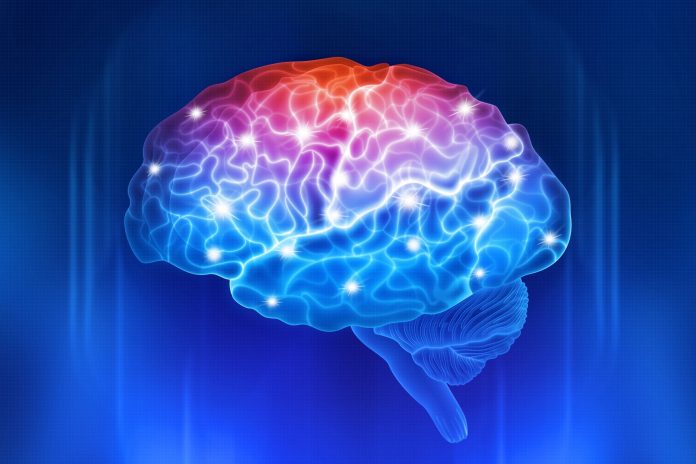We talk a lot about heads these days.
The COVID-19 lockdown is affecting the nation’s collective mental health and recent news about the world’s climate crisis is causing depression, fear and disillusionment. All about is doom and misery.
And as the sun starts to set on the football seasons, the toll of head knocks suffered by the fast and ferocious is staggering. As of round 12 this year, 59 players had suffered a concussion in the NRL – a concussion every 1.5 games. Ten rounds on and the number of concussed players is in triple figures.
Heads: so complex, so important, so undervalued. And so easily hurt from within and without.
The scale of mental illness is one of the biggest concerns of our time, with understanding of disorders and ailments struggling to keep pace with the escalating number of people diagnosed with them.
Paediatric hospitals in Canada last week reported a 100 per cent increase in admissions for mental illness and upwards of a 200 per cent increase in admissions for suicide attempts and illicit substance misuse since the start of the pandemic.
Figures from the Australian Bureau of Statistics last month showed the wobbly, isolated world created by COVID-19 had caused a spike in severe mental distress, particularly among those alone, young or with a disability.
Help keep independent and fair Sunshine Coast news and opinion coming by subscribing to our free daily news feed. All it requires is your name and email. See SUBSCRIBE at the top of this article
And a report published in The Lancet in April showed a third of people who had caught COVID itself were feeling lingering neurological and psychiatric effects six months later.
How to properly help and heal these problems continues to evade scholars and researchers. Fixing broken bodies is one thing, but there is no single pill or exercise yet that can heal a broken mind.
Physical brain injury also continues to plague us. Enclosed in a bone cage, a pummelling can make a brain slosh like a ball being tossed into a basket.
The spotlight was cast on head injuries in sport decades ago, as evidence grew that thousands of footy players, boxers and other participants were developing dementia or memory loss linked to recurrent roughhousing many years earlier.
While I am no elite athlete, I have had multiple concussions. Always an active type, I was hospitalised twice in childhood for head knocks and in my grown-up years have had brain jostles on the football field, mountain face and in the ocean that necessitated medical intervention.
There is a growing evidence that females fare worse after a concussion and take longer to recover, possibly because of differences in the management of injuries, the microstructure of the brain and the effect of female hormones. Female college athletes in the US were recently found to suffer concussions at almost double the rate of males.
I have recently learnt what labyrinth the brain can be. This month, I was laid flat with a virus that attacked the blood flow to my head for a few days and were it not for the quick actions of my excellent GP, I could have been rendered blind or worse.
I was one of the lucky ones and now I feel the vigour that comes with being lifted by life’s second wind.
Heads carry our most important organ, the one thing that enables us to move and function. They contain our thoughts, our knowledge and the very essence of ourselves.
We need to take better care of our brains, protecting where possible against damage and nursing them when a bruising occurs.
And to those with sicknesses of the mind, we need to be kind.
It does not take much thinking to realise that.
Jane Stephens is a USC journalism lecturer, media commentator and writer. The views expressed are her own.





